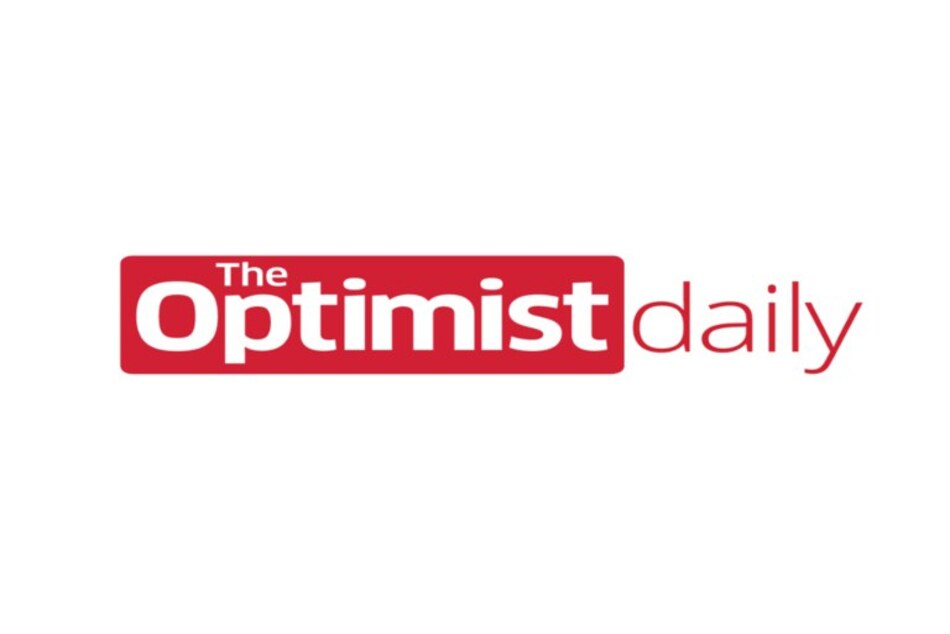Many homeowners are enthusiastic about the prospect of solar energy but lack the capital required for installation. Overcoming this initial investment hurdle is made easier by subsidy programs, but these programs are still often unattainable for low-income residents.
From 2015 to 2020, Massachusetts operated their Mass Solar Loan program, which made solar installation attainable for 5,800 homeowners in the state, but just a third of those loans went to low-income residents. Fortunately, community shared solar projects can help bridge this gap and make sustainability more equitable.
Community shared solar projects allow multiple households to invest together on solar arrays which are installed on apartment buildings, in public spaces, or on commercial rooftops. In this way, multiple households can share both the financial burden, and subsequent rewards, or solar energy.
Fortunately, Massachusetts has realized the benefits of shared solar and launched their Solar Massachusetts Renewable Target SMART program. The program not only lets multiple families subscribe to a solar array, but it also offers a 50 percent discount for subscriptions from low-income customers and residents of neighborhoods with high racial and ethnic diversity.
Resonant Energy is one company that has taken advantage of the new program. It launched a solar array at Temple Emunah in Lexington and was able to provide 80 percent of the community’s energy needs with solar power while offering discounted electricity to 20 low-income households that otherwise would not be able to afford the transition to solar.
Transitioning to an entirely renewable future is critical for building climate resistance, but so far, many marginalized communities have been left out of green energy projects due to prohibitive costs associated with technologies like solar power and electric vehicles. To learn more about making green energy more accessible, check out our article about making EV infrastructure more equitable.











